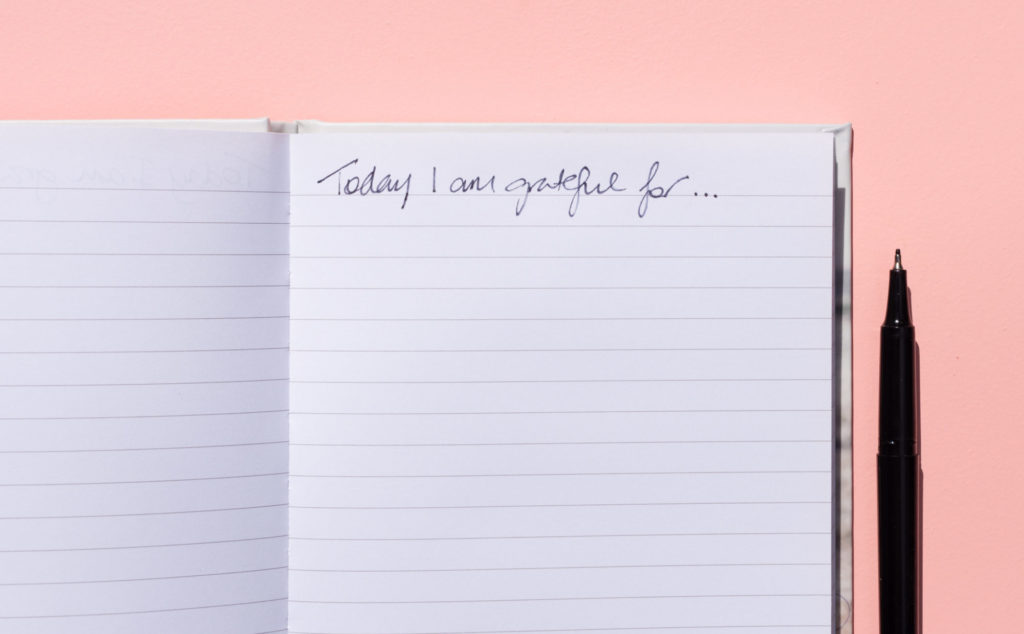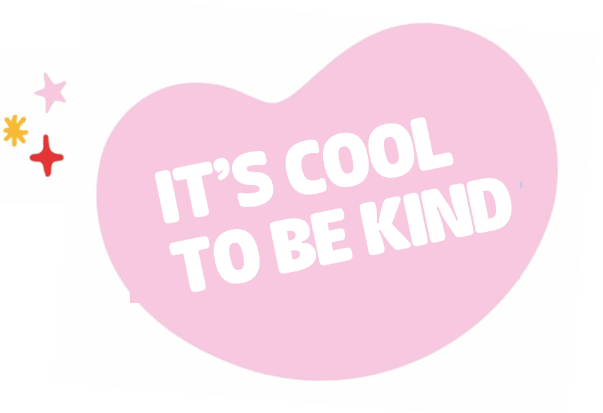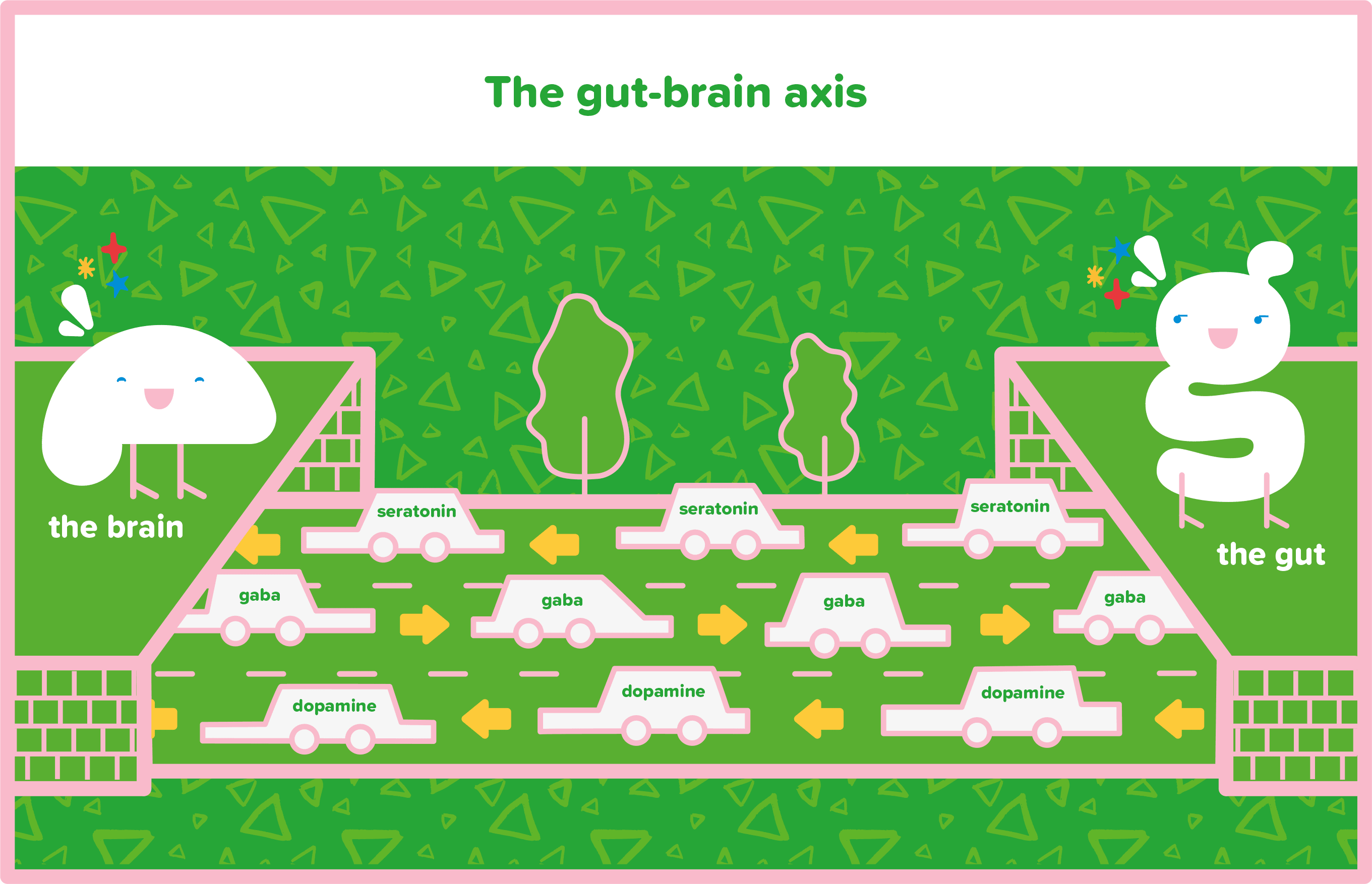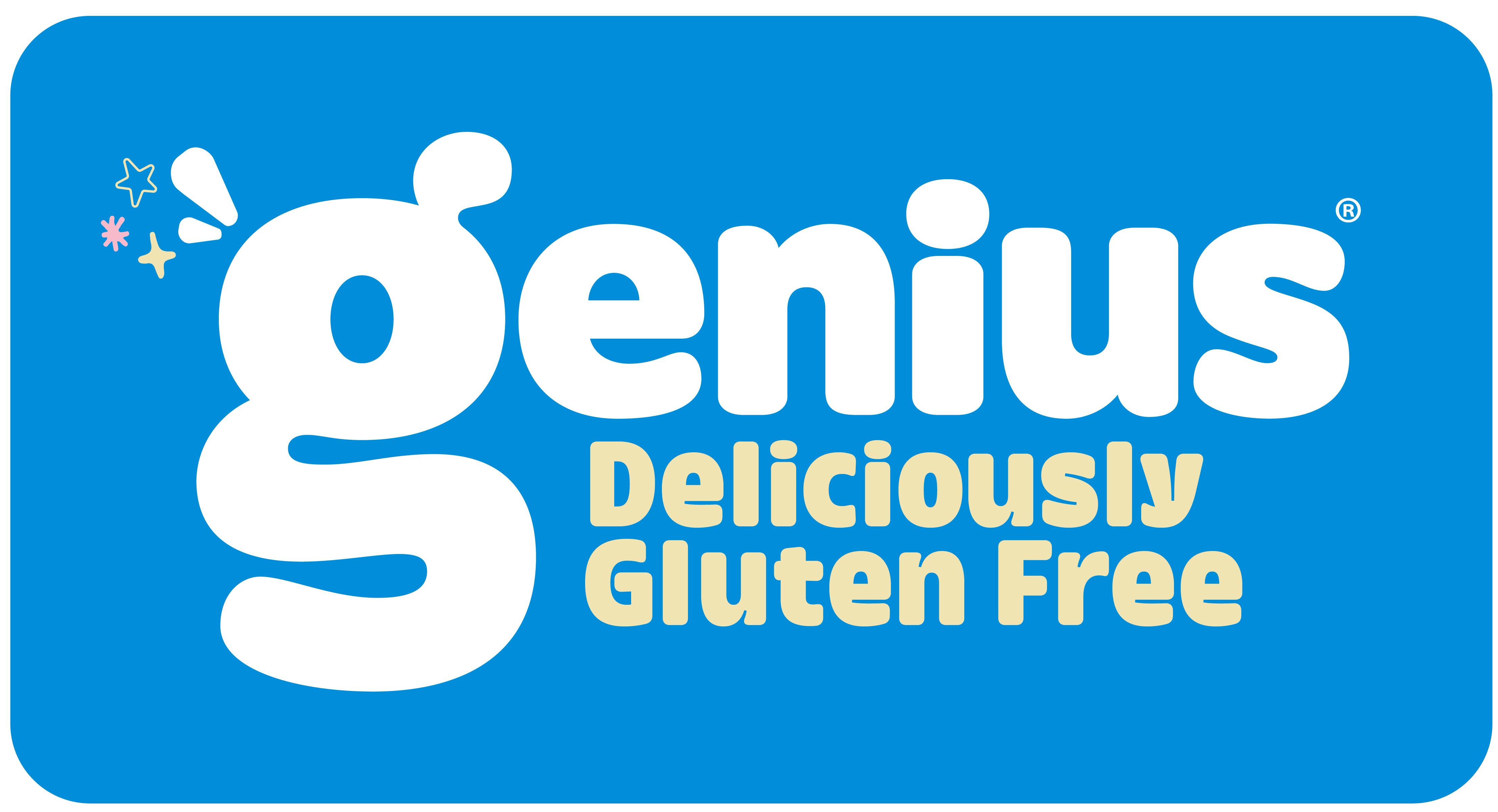How to be happier – a practical guide
Ah, happiness. That unpredictable visitor. It can be elusive, it can be fleeting, but it’s something we all aspire to. And while some folks are naturally cheerier than others (most of us know someone who seems to go through life clicking their heels while whistling Queen’s Don’t Stop Me Now), even the grumpiest of us has the power to give our happiness levels a boost. So here are some simple mood-enhancing strategies that everyone can try.
Write a daily gratitude list

The human brain has a tendency to dwell on negative stuff. It’s built into our coding and, from an evolutionary point of view, is a big part of why we became so successful as a species. As psychologist Dr. Martin Seligman puts it: “Those of our ancestors who spent a lot of time basking in the sunshine of good events, when they should have been preparing for disaster, did not survive the Ice Age.”
Luckily, there’s a fairly simple way to hack our brains, reboot our software and calm down our negative ‘monkey mind’ – daily gratitude lists. It works like this: every night, before you go to bed, jot down three things that went well for you that day. Then add a few words about how each one made you feel and your role in making the good thing come about.
Whether the things you choose are big (won the Nobel Prize for Medicine), or small (made a next-level sandwich) doesn’t matter, and don’t stress if on some nights it proves harder than on others. It could be that the harder it is to think of three good things, the more beneficial it is to the brain – a bit like a strenuous workout at the gym.
Move more
As any fitness fan will tell you, there’s nothing quite like the rush of endorphins you get after a triathlon (although we’ll have to take their word for that one). But the mood-enhancing effects of exercise aren’t limited to extreme sports. A brisk walk in the park, a decent bout of spring cleaning (channel Freddy Mercury in I want to Break Free), even a high-octane lawn mowing session can all give our mood a much-needed boost.
See your friends more often
Humans are social creatures, and meaningful relationships with others is a vital piece of the happiness puzzle. It can even boost our physical health. As Harvard Women’s Health Watch puts it:
“Dozens of studies have shown that people who have satisfying relationships with family, friends and their community are happier, have fewer health problems, and live longer.”
Hanging out with friends is really fun, so we sometimes deprioritise it in favour of other stuff that seems more important or pressing (winning the Nobel Prize for Medicine, making a next-level sandwich). But this could be a mistake, especially given quality time spent with friends and family might be just as important for our health and wellbeing as exercise or diet. Think how many times you’ve thought about cancelling on a friend only to go and have the best time and feel great.

If getting together in person is difficult, virtual face-to-face contact via things like Facebook and Zoom is a great second best.
Help people
The search for happiness often leads us to want more stuff: money, clothes, shoes, cars… but research suggests that one of the best ways to feel good is to give. It strengthens our social connections, takes our focus away from ourselves and our own problems, and provides us with a sense of purpose – all of which are linked to happiness and wellbeing. Whether you choose to donate to a charity, volunteer with a local group or simply show some kindness to a neighbour, helping others is one of the easiest ways to boost your own happiness. There’s a reason ‘Random Acts of Kindness’ caught on – they’re great for everyone’s happiness.
Love your gut
Not too long ago, the gut was seen simply as a tube that moves food through the body. Useful – vital even – but not exactly fascinating. We now know it to be so much more than this. The human gut plays a huge role in everything from immunity and energy metabolism to nutrient absorption and appetite.
But perhaps most surprisingly of all, many scientists now think your microbiome – the trillions of critters who call your gut home – has a huge influence on your happiness. Which raises the question: how?
Well, it all comes down to the fact that certain types of critter (microbes, to the initiated) stimulate the production of serotonin in the cells that line the colon. And serotonin, as you might already know, is linked with feelings of wellbeing, which is where it gets its nickname “the happy hormone”.
The best way to encourage the right microbes is to eat foods that are rich in probiotics and prebiotics (pro are the good bacteria; pre are the foods the good bacteria like to eat). So if you want to feel happier, be sure to add things like kefir, kombucha, sauerkraut, kimchi and, of course, Genius bread to your shopping list. And if you want to know more about how food can boost your mood, check this out.

